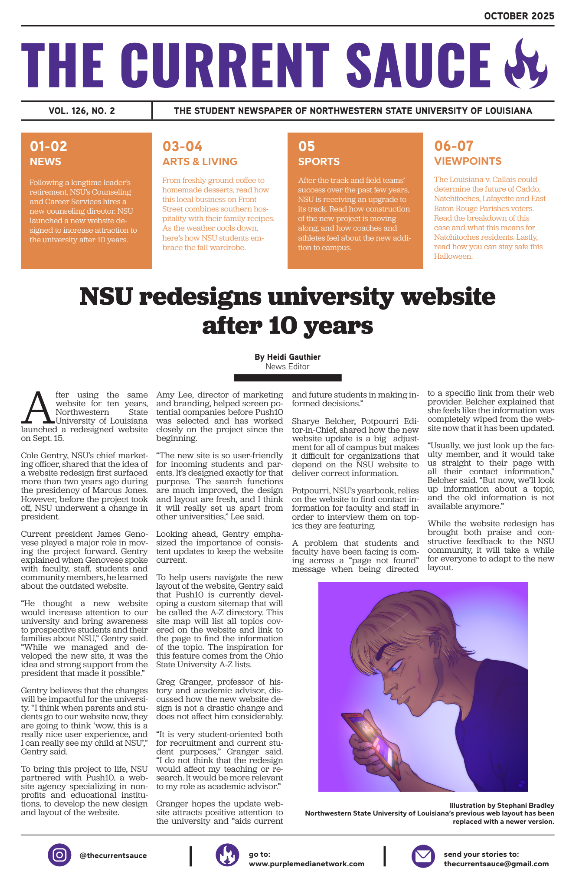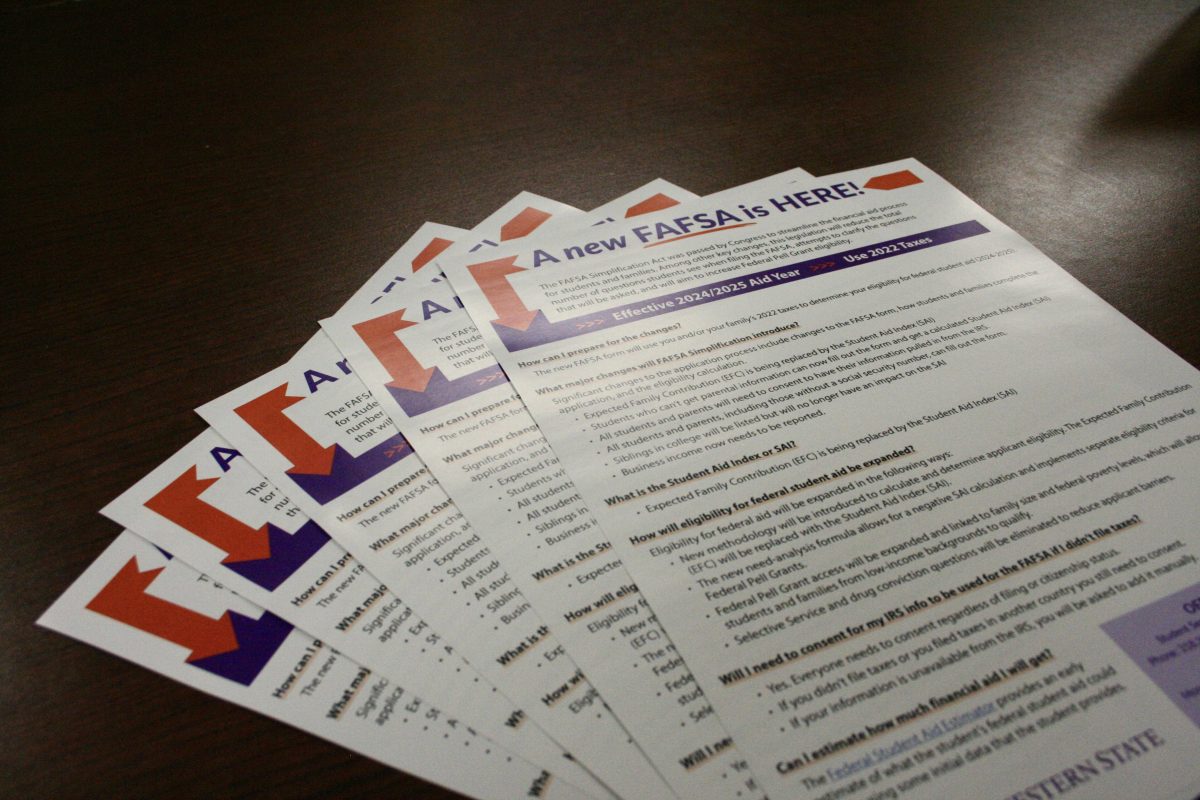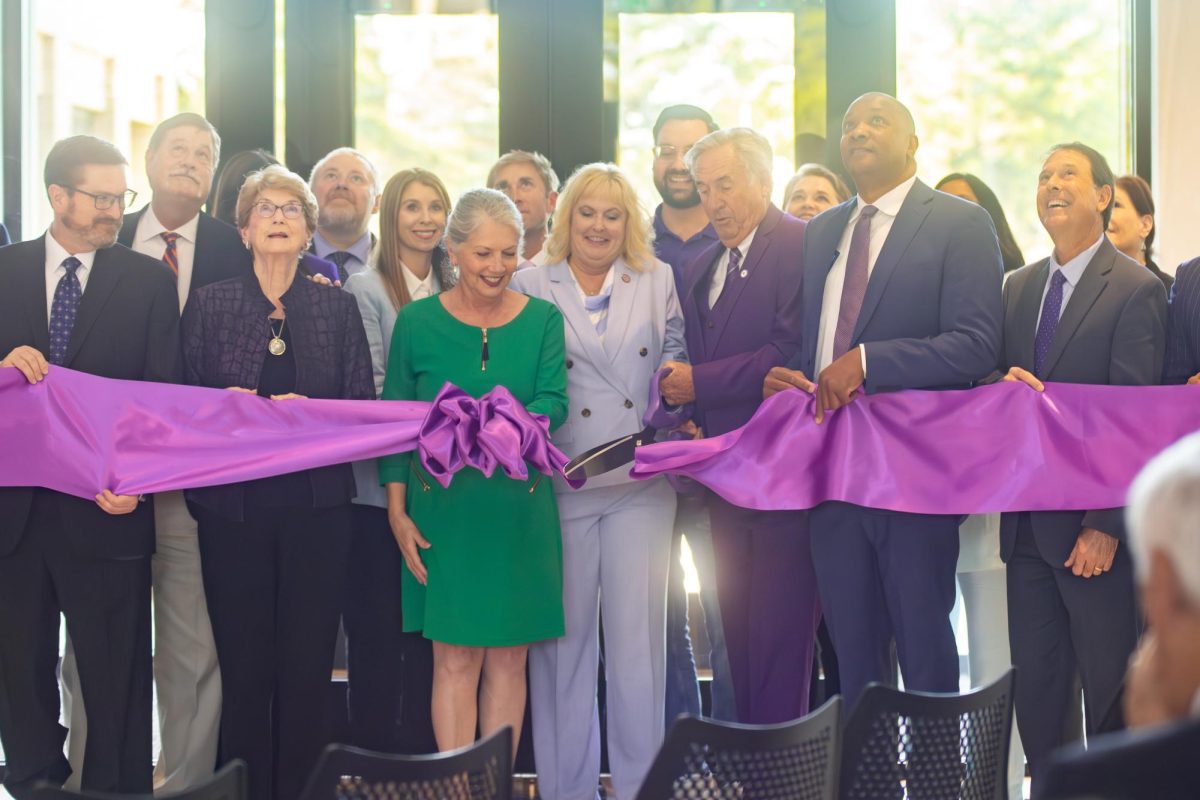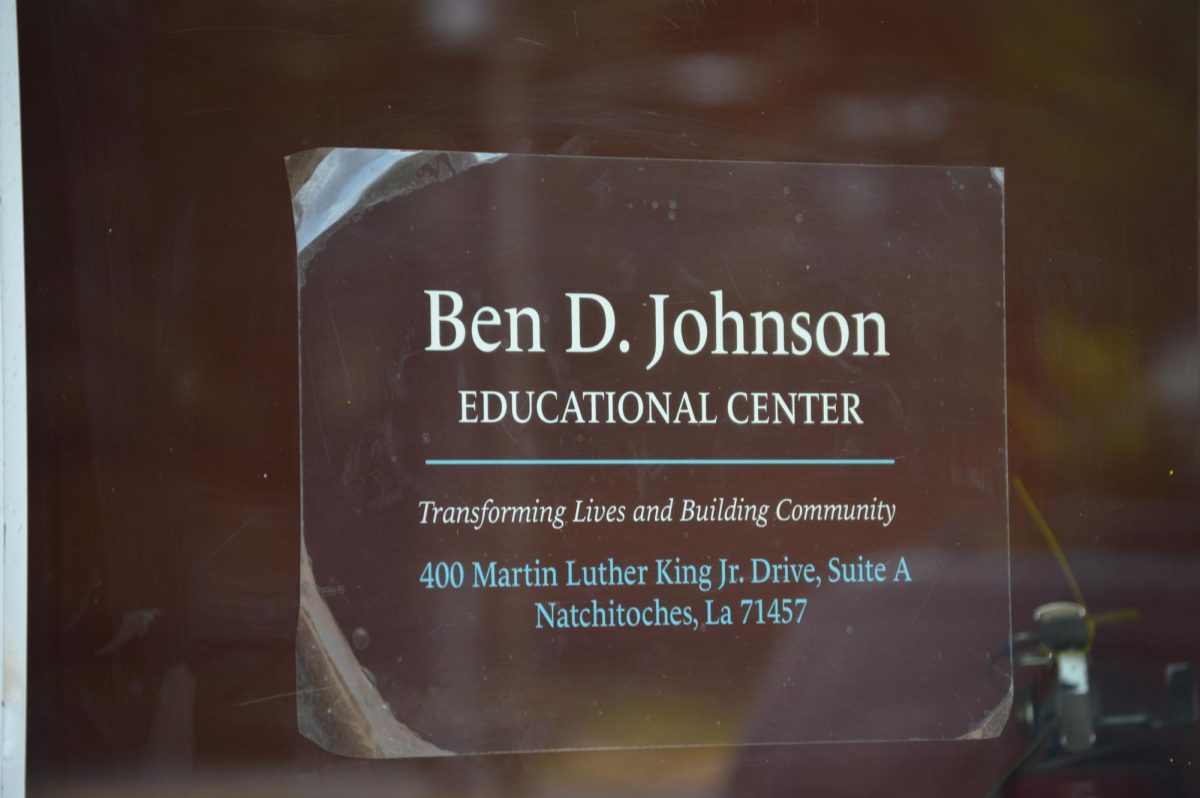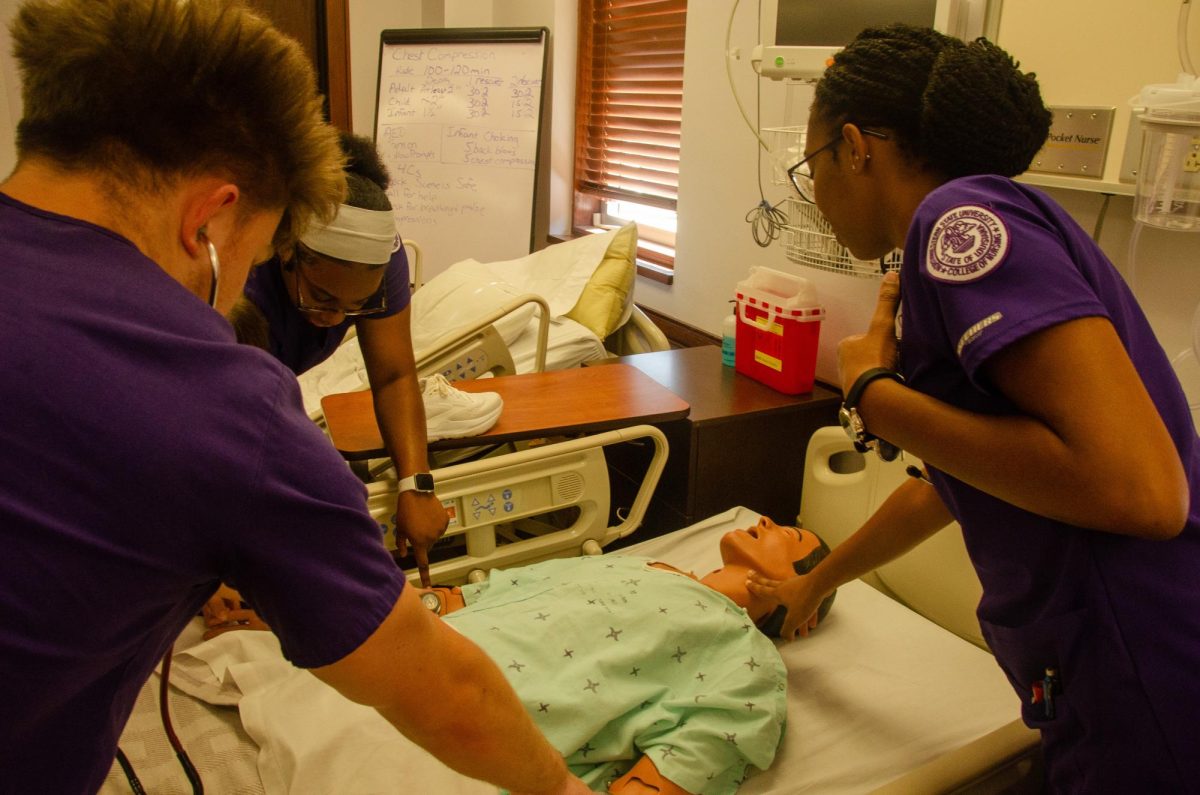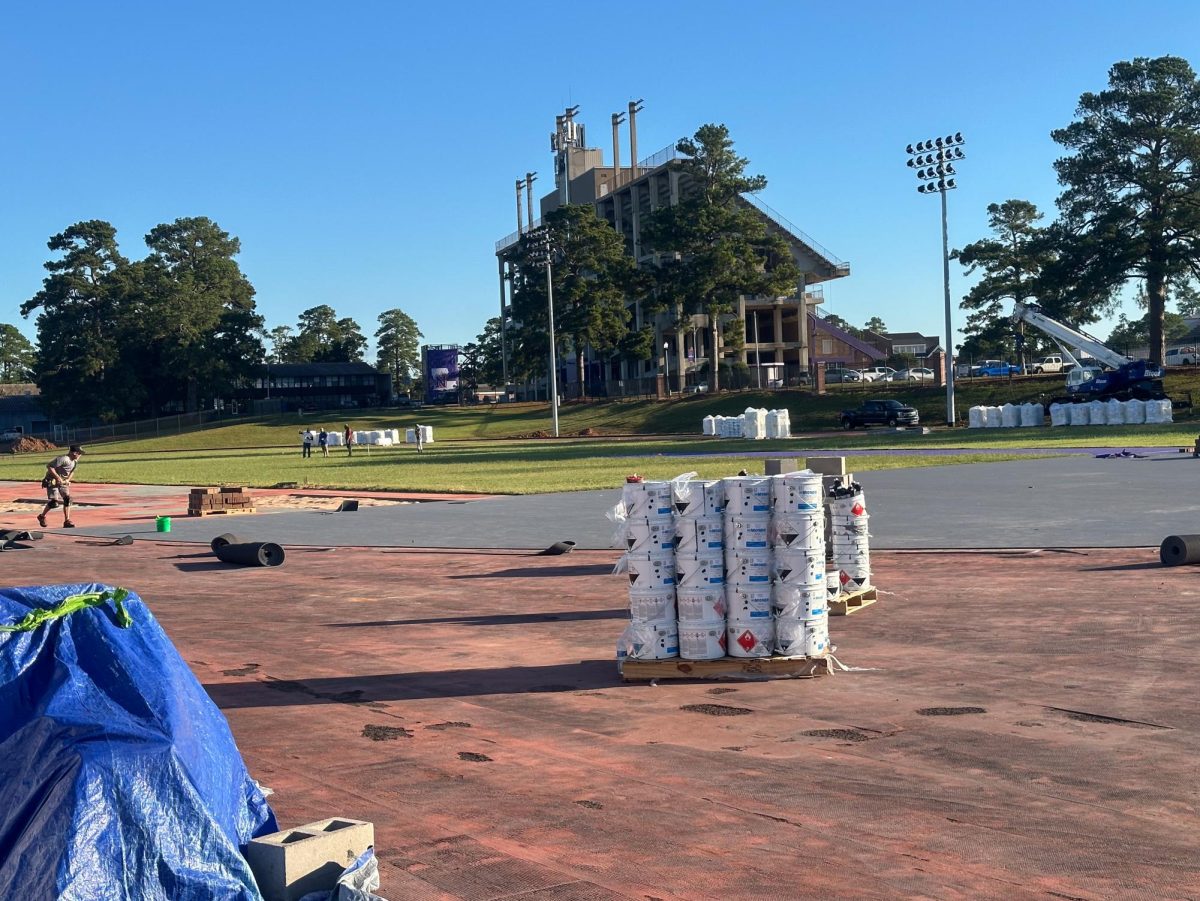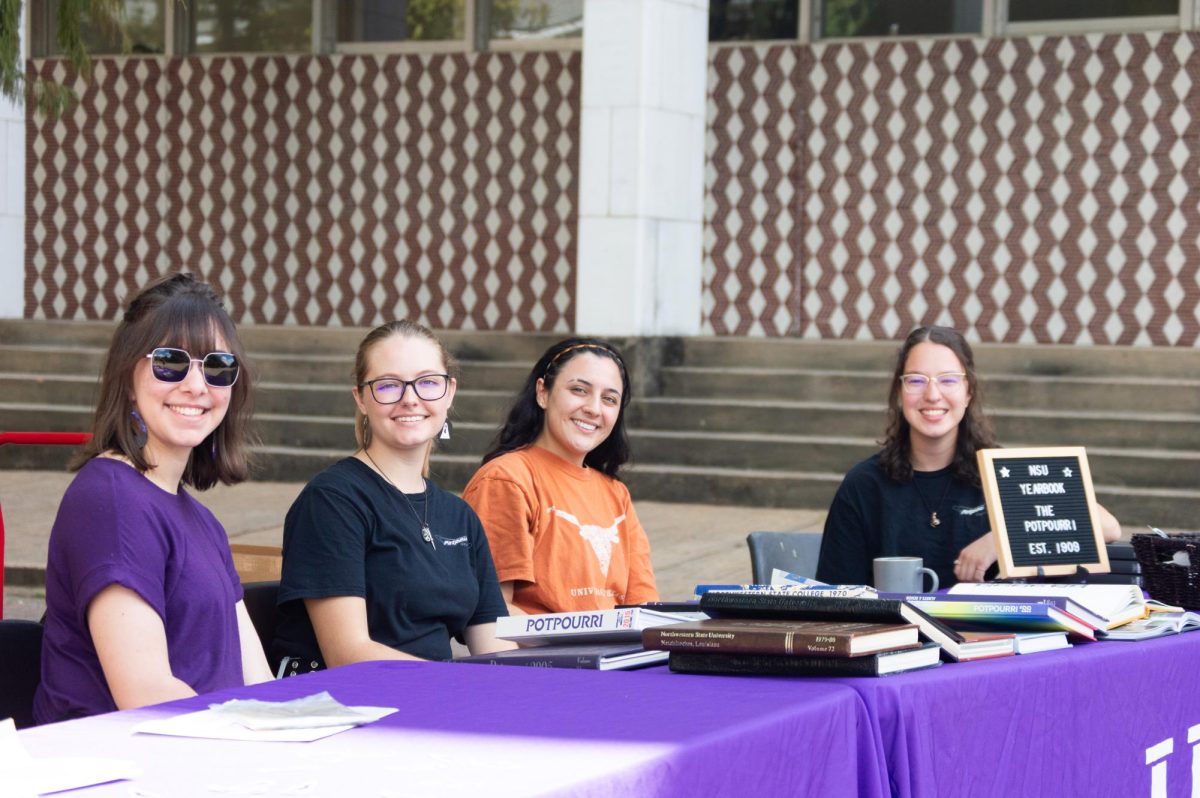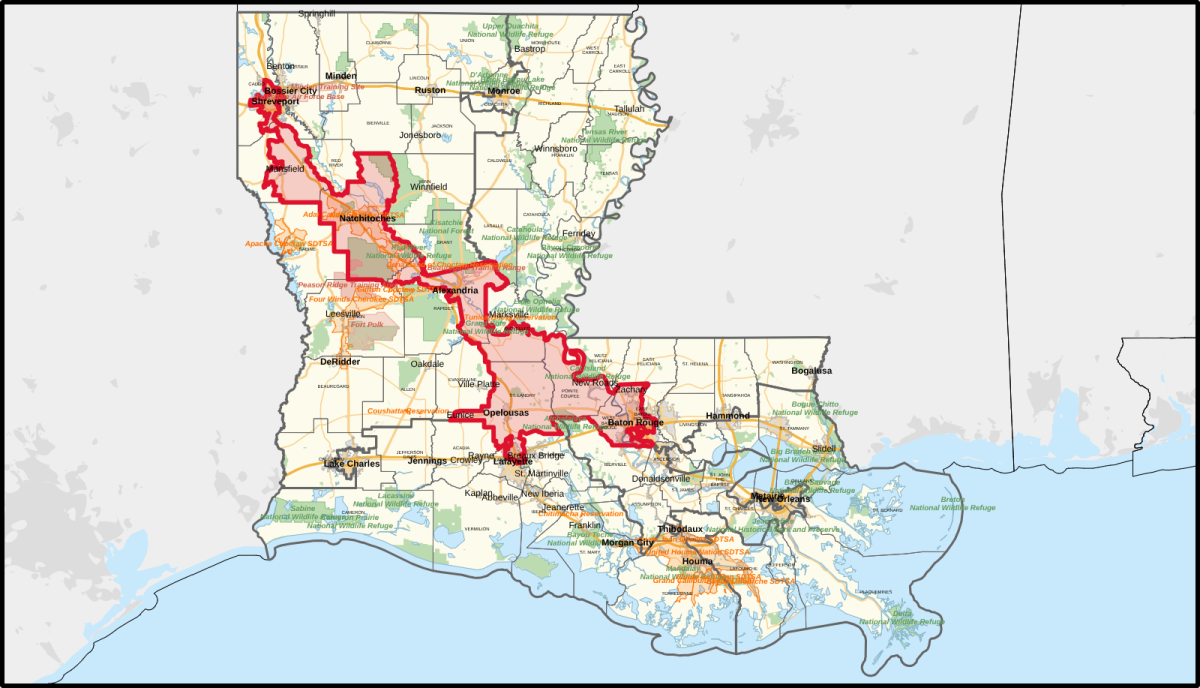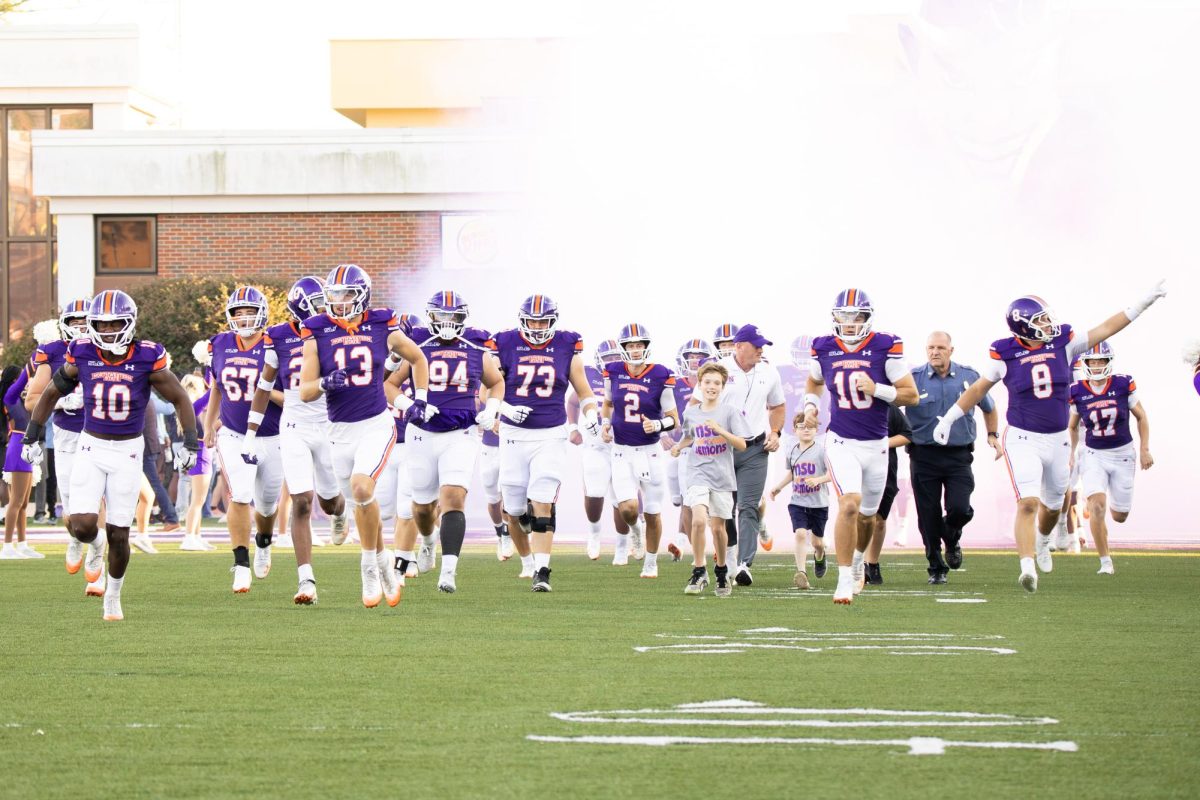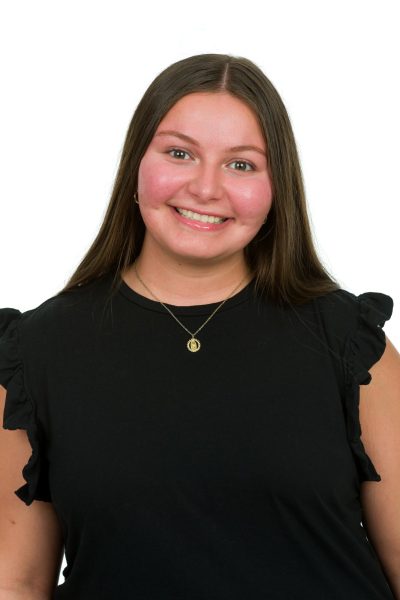For years, college students have submitted their Free Application for Federal Student Aid in October, but this year a new application system starting in December has completely changed financial aid department operations.
Northwestern State University of Louisiana and universities across the University of Louisiana System work through FAFSA delays from the United States Department of Education.
Lauren Jackson, NSU director of student financial aid and scholarships, said that the main reason for the delay is inflation miscalculations.
“Inflation was not considered when calculating the new Student Aid Index,” Jackson said. “This will result in a delay in requesting any additional documents needed from students to determine Title IV eligibility and could possibly delay award offers for the 2024-2025 award year.”
Title IV refers to the federal financial aid funds, where any federal funds that are given out to a student’s account in excess of allowable charges must be delivered to the student.
Ebony Holmes, director of public information at the Louisiana Office of Student Financial Assistance, explained the U.S Department of Education will be recalculating all FAFSA applications to correct any miscalculations.
“Federal Student Aid, at some point during the launch, realized that they had not adjusted the tables that are used to calculate the student aid index,” Holmes said. “What they are doing now is going back to adjust those tables to make sure the student aid index is properly reflected.”
Typically, FAFSA applications are sent directly to secondary institutions once submitted by the student. However, the U.S. Department of Education has placed a hold on all FAFSA applications to give way for the recalculations.
Students are still able to submit FAFSA applications at this time, but further information will not be available to students until the hold is released.
“It’s going to be delayed for students to find out how much aid they can expect to receive from an institution to know how much they’ll pay out of pocket,” Holmes said.
With the current hold, students are unable to anticipate their financial aid amounts or make any corrections to their initial applications.
Holmes shared there is no definitive date for the information release as the recalculation delay is only a portion of FASFA’s setback.
“Normally once you submit it, it goes over to the institution, normally that’s done in October when the FAFSA opens up, Oct. 1, so we already had the delay from Oct. 1, this year it didn’t open till December and so this is actually the second delay,” Holmes said.
The initial delay was caused by the launch of the Better FAFSA. Better FAFSA is an alternate way to fill out your FAFSA quicker, in a time of around 15 minutes, opposed to taking an hour or hours out of your day to answer questions. It also helps more students to have the ability to Federal Pell Grants.
“That original delay was just because of the overhaul,” Holmes said. “The previous FAFSA was over 100 questions, and this one is about 35, it’s a much shorter application, so with the process of overhauling and streamlining that application, that’s why it rolled out later than expected.”
Though calculations are not complete, the U.S. Department of Education estimates an additional 6,000 students at Louisiana universities to be Pell Grant eligible.
Many students should expect to see changes within their eligibility for the 2024-2025 academic year.
“While there is a delay, they also expect that there is going to be an increase in availability of financial aid because of the fix,” Holmes said. “With the new change, where they’re going in and updating those tables because of inflation, they’re expecting an extra $1.8 billion in aid to be available for students.”
In the meantime, the Federal Student Aid Estimator on the FAFSA website is available for students to utilize until official estimates are released. The estimator will provide general figures of how much financial aid students may be eligible for.
“It’ll just give a general idea but it’s a little better than just flying blind, than not knowing at all until your school gets your financial package which could be March, being optimistic, it could be April, it just depends on when FAFSA are going to be sent to those institutions,” Holmes said.
Holmes encouraged students to remain prepared for once the hold is released.
“Even though they’re holding, once they start processing at the institutions, those students want to make sure their application is done and in line for packaging,” Holmes said.
Garrett Clement, Director of Enrollment Technology, Strategy and Compliance at Nicholls State University, shared how their department has been affected by the FAFSA hold.
“Typically, we receive completed FAFSA applications within a couple of days after they have been completed,” Clement said. “This spring, we’re off our usual schedule because the FAFSA’s start was delayed and we’re still waiting on some information we need from the Department of Education.”
Nicholls’ financial aid department ensures they will continue to monitor each student’s awards despite the delays.
“Without the full details and an opportunity to test our systems, we cannot fully optimize our processes,” Clement said. “So, when we do get the student data, we’ll have to double-check everything carefully.”
Clement hopes to avoid any negative impact from the delays by staying proactive through proper preparation and online communication with students of Nicholls.
“We will work swiftly to continue the financial aid process once FAFSA data is sent to schools,” Clement said. “We are dedicated to providing the resources and assistance they need to navigate the financial aid process.”
Along with Nicholls, University of Louisiana at Monroe is set back in their original schedule. Erica Hopko, associate director of financial aid at ULM, explained how her department typically prepares to receive FAFSA information.
“Under normal circumstances, we would, in December, begin rolling over our system and before we leave for christmas break we would either be prepared early January, February or we would be preparing to have the first set of freshman award letters sent out with all their FAFSA, scholarship, TOPS and aid estimates,” Hopko said.
Hopko hopes to begin this process sooner than later.
“They have communicated tentative time frames, so we’re hoping by April we’ll have everything we need to at least, at the latest April, have sent our first batch of award letters but we don’t know what the data’s gonna look like when they send it to us,” Hopko said.
ULM’s financial aid department has emphasized communication with their community by hosting open “FAFSA nights” and visiting high schools of the area to inform anyone who needs FAFSA assistance in an attempt to avoid negative impact for incoming freshmen.
“It’s going to affect all students but it’s going to negatively affect incoming students cause you can’t compare award letters to make a final decision on which school you want to attend if you don’t get the letter until April,” Hopko said.
Hopko addresses that the situation is out of the institution’s control and hopes to stay as informed as possible.
“We want to be informative at every step, there’s really not a lot of things that we can control right now with the time frame perspective so we would just like to stay informed,” Hopko said. “There’s really not a lot of instructions on how to do things for 24-25 so it’s like we’re starting from scratch and we’re going to have to figure it out as we go.”
Hopko believes ULS institutions have done well and are staying at the forefront of FAFSA delays.
“I think schools and institutions are doing the best they can with the information that has been given, we’re all in this together and we will do the best we can to give adequate information as we get it,” Hopko said.
Jackson ensures students of NSU that the financial aid department is doing their best to provide as much information as possible.
“Regardless of the delays that are taking place, NSUs Financial Aid office is committed to ensure all eligible students are awarded Title IV aid as quickly and as accurately as possible,” Jackson said.

